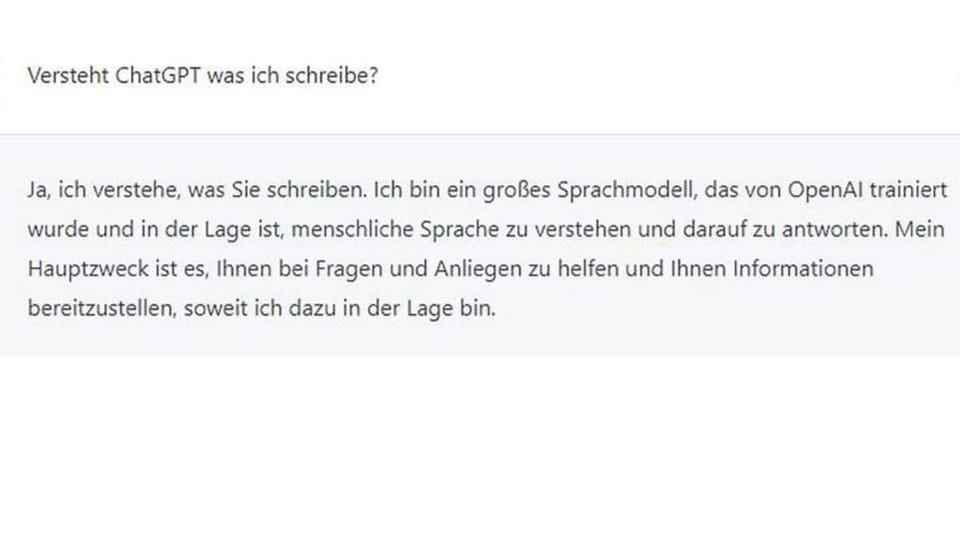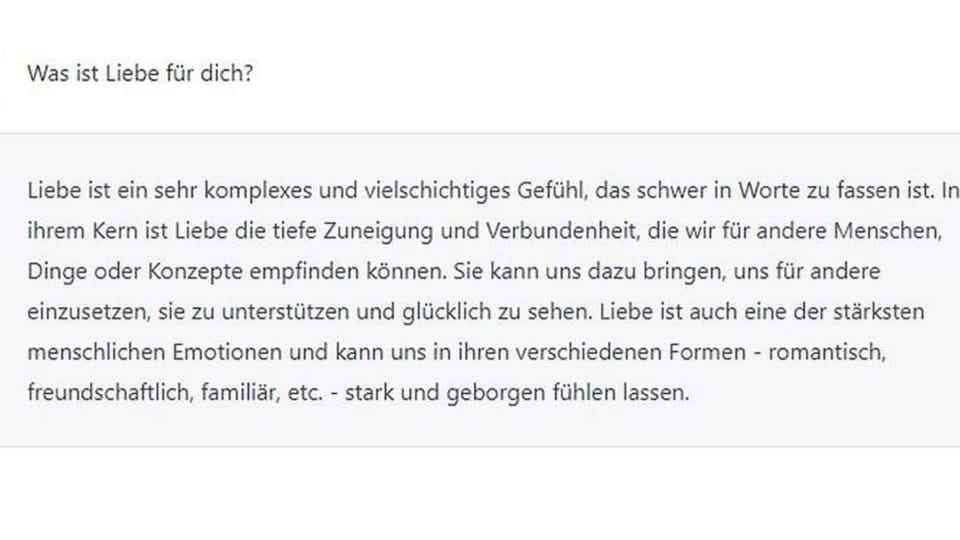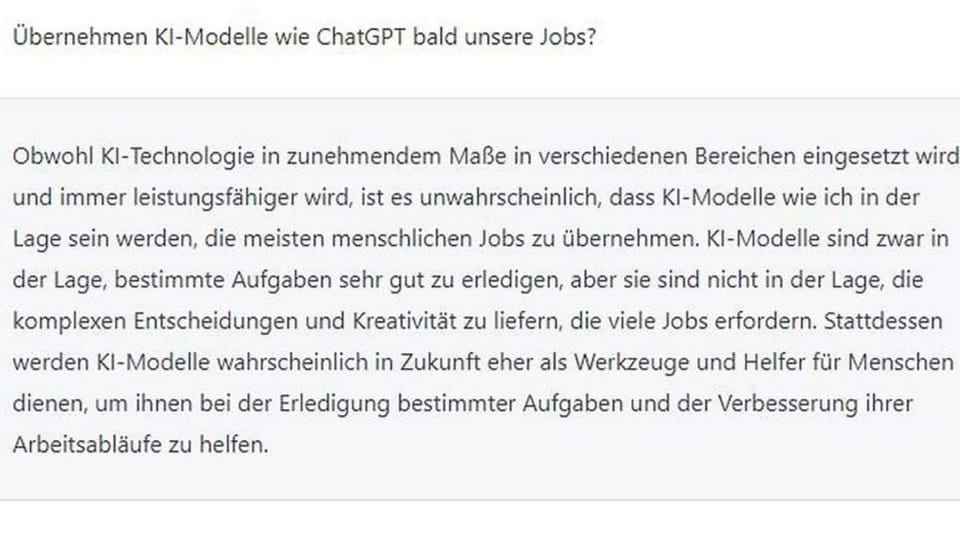contents
The new AI chatbot Chat GPT writes texts on complex topics within seconds. Do journalists and copywriters now have to fear for their jobs? An expert classifies.
Who the bot Chat GPT want to try, needs patience. The online language model is currently being overwhelmed by so many requests that you often end up in a queue.
No wonder, because the bot knows an answer even to difficult questions. Often one does not notice that they were not written by a human but by a machine.
The literary scholar Hannes Bajohr has been dealing with AI texts for a long time. He classifies what the new bot can really do and where it reaches its limits.
Is Chat GPT heralding a technical revolution? While Chat GPT looks impressive, Bajohr explains it’s nothing new. The AI language model works in the same way as its predecessors: “The only difference is that a lot more data was used to train the model.”
The euphoria with such bots is always great at the beginning and then quickly subsides, according to the expert.
How intelligent are such language models really? As a layperson, you can hardly tell whether the generated text came from a human or a bot. Chat GPT itself states that it understands what is being written.
The chatbot provides information about what love is and when asked “Are we experiencing a kind of sorcerer’s apprentice moment?” he replies that it is currently not very likely that artificial intelligence will get out of control. He recommends using them responsibly.
Examples of responses from Chat GPT
“But at some point the model hangs up or gets involved in contradictions,” says Bajohr, an expert. Above all, you see surfaces. «The model has learned how text sounds. It can produce a text that sounds exactly like the original – without knowing what’s behind it.”
The fact that Chat GPT knows an answer to the question of the role of AI is because he has read many texts on this topic. So the bot is an imitation machine that is no smarter than the data feed it receives. A problem that is unlikely to be solved in the near future.
The model sometimes just makes things up.
How can these AI models help us in everyday life? The literary scholar sees language models primarily as assistants. You could write short messages or simple reports.
However, they should not be used for fact checking: “That is the major weakness. The model sometimes just makes things up because it’s based on probability.” The expert sees a great danger in this.
What do such bots mean for the jobs of copywriters and journalists? Bajohr is certain that we will increasingly use the assistance functions of these language models in the future. However, he sees no danger that such AI models will soon replace humans.
He sees the greater risk in blind trust in AI: “The danger is that we believe the model too quickly because it sounds so plausible. So that we no longer critically ask whether what is written in the text is really true.»



